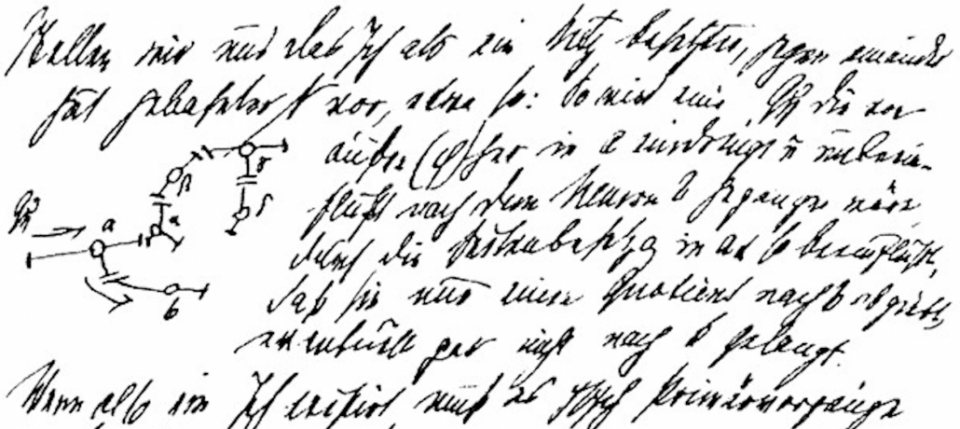
Mike Fortun
“How can what psychoanalysis teaches us be taught?”
Jacques Lacan
“…it will be enough if [the student] learns something about psychoanalysis and something from it.”
Sigmund Freud
Our focus in this course is on psychoanalytic theories and their development over time in different cultural contexts. The course is largely organized around the history of psychoanalysis as a way of knowing (a science, to some) that drives the therapeutic practice from which it also derives; this organization, and its inevitably selective inclusions and omissions, are a mark of my own developmental past as a historian of science. For as long as there have been practicing psychoanalysts, first in European cultures but quickly disseminating, those psychoanalysts have also theorized the dynamics and connections between, on the one hand, psyche and Kultur—the theoretical purview of anthropologists as well—and between mind and body on the other. These are bodies of knowledge that alloy creative speculations with close empirical (clinical, professional, textual) engagements, i.e. amalgams of theory and practice—again, much like anthropology. We’ll trace some of these developments in different cultural contexts but generally tracing a historical timeline of development, beginning in the early 20th century and ending in the early 21st, engaging with some of its analytic findings, with what its practitioners agreed and disagreed on and why, and with how psychoanalytic theories combined with or were resisted by other bodies of knowledge like anthropology, education, neurology, postcolonial theory, and perhaps most of all, feminist theory.
Too many interesting psychoanalysts are present here only in the third person, so to speak, as they are referenced by works from these other domains. Freud and Lacan are two writers that I deliberately excluded, with varying degrees of mourning: Freud because he is such a fine writer and expansive thinker, Lacan because he seems to be everywhere in critical scholarships of many kind, the water we swim in. I have no regrets about omitting Zizek, although I do wish there had been room for Joan Copjec. I do regret not having more space for Klein, Winnicott, Fanon, Fairbairn, Loewald, Bowlby, Sullivan, Bollas, and so many others. I also regret (a little) not finding a way to include more anthropologists like Roheim, Obeysekere, Pandolfo, Schechter. I regret, a little bit more, sidestepping Foucault. Also missing, for the most part, are readings where psychoanalysis crosses into an anthropology interested primarily in cultural difference – e.g. the diagnosis and treatment of schizophrenia in Japan versus the U.S., or the experiences of PTSD or depression in Norway or Sierra Leone. But my biggest regret by far and the last one I will mention is the dearth of Derrida, whose myriad deconstructive analyses of psychoanalysis are among the most incisive engagements with that literature and who, more than any other writer, took me into and beyond the psychoanalytic.
The course tries to convey something of the multiplicity of psychoanalytic theorizings, their productively divergent development in numerous cultural contexts for well over a century, and their persistent vibrancy and relevance. In the end, my overall mistake may have been opting for more synthetic, second-order writings that present psychoanalysts and psychoanalytic concepts in the more economical reframings of anthropology, history, and other theory, instead of the wonderfully interminable analyses of Freud, Derrida, and the others. To transfer Winnicott’s remark about mothers to our situation: the course is “good enough,” I hope, to provoke learning something about psychoanalytic theory, the ways it has connected the molecular/personal and the molar/cultural, and the mutable and powerful forces it has exerted, and been subjected to, in diverse worlds and times. And learning something from it: a new way of reading, a different desire, another set of paradoxes, a more capacious self with more, and more fluid, positions.
Assignments and Assessment
Satisfactory completion of these assignments is recognized with the institutional grade “A”: